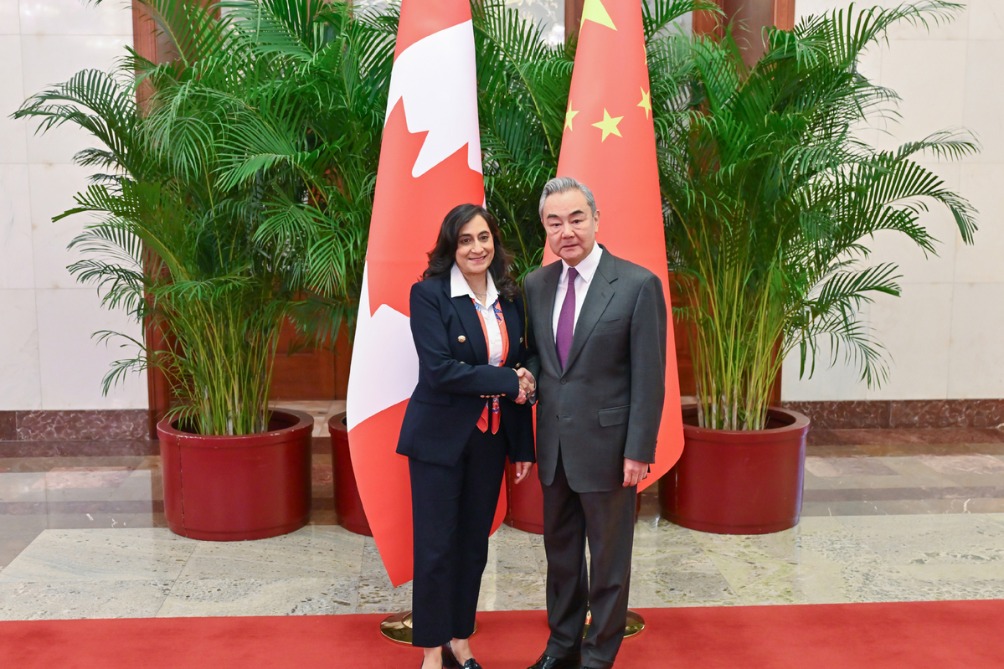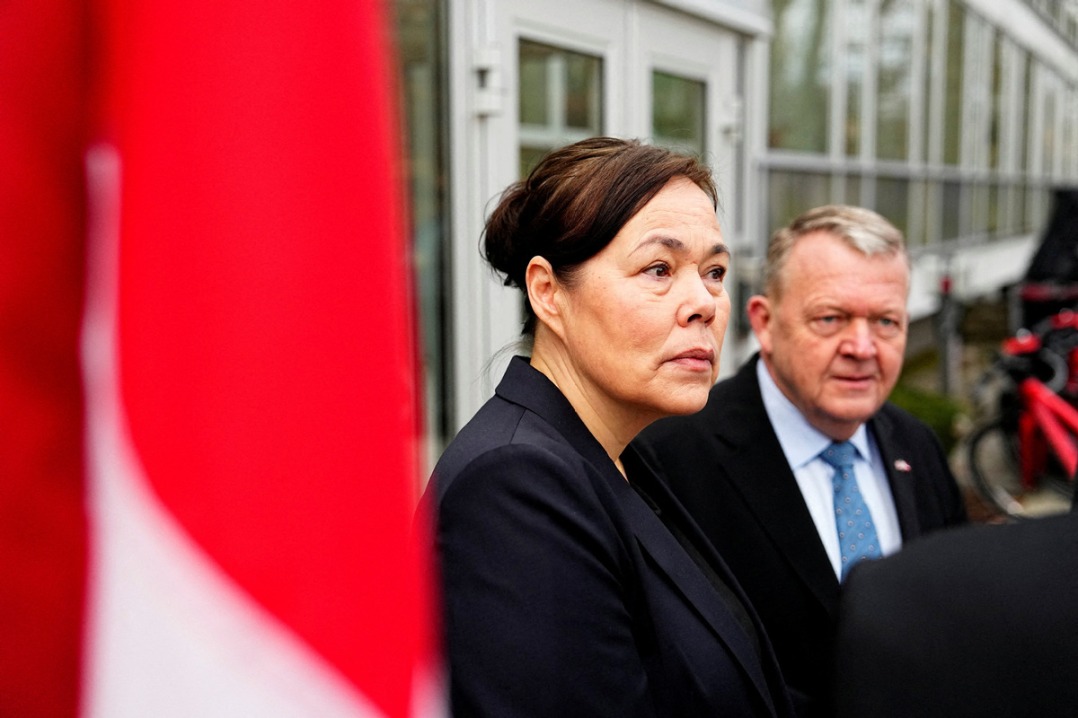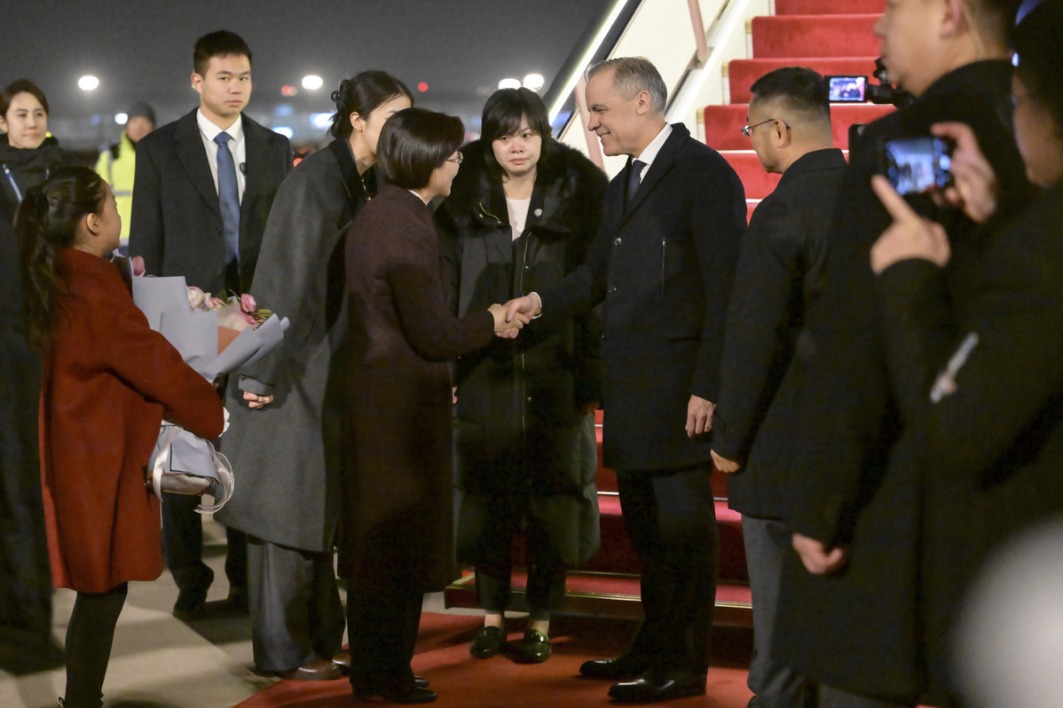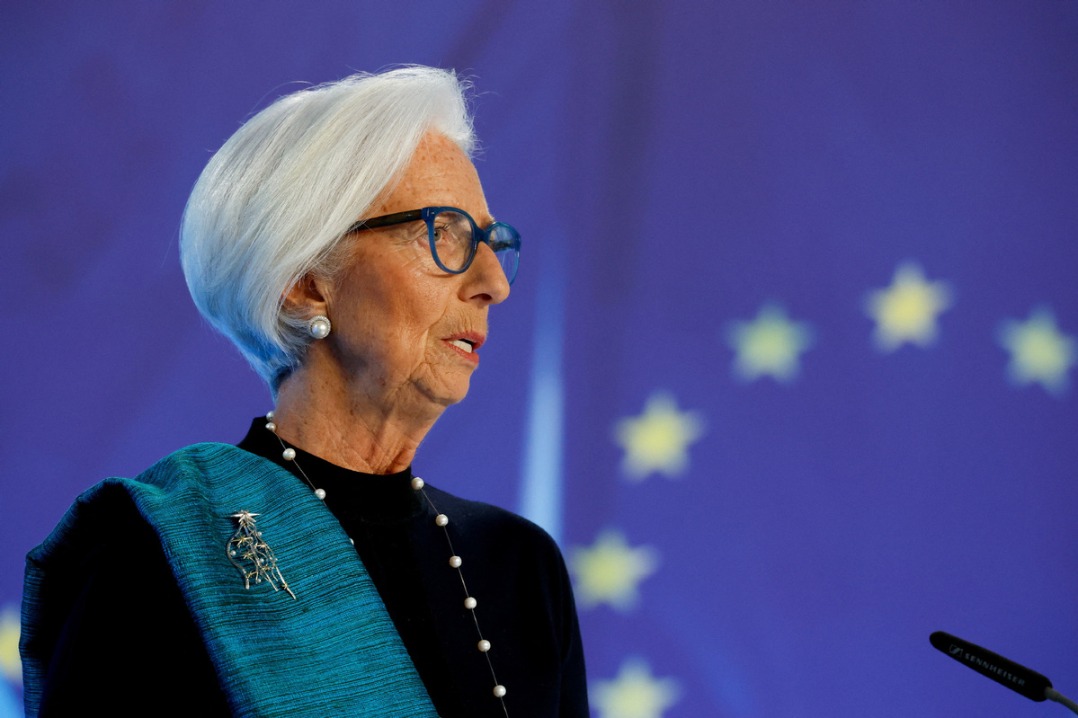US politicians call for reset in China ties


Subnational exchanges best avenue to foster relations, say former governors
State governors have to take the lead to reestablish trade missions to China and help reset US-China relations, said former Washington state governor Gary Locke.
Three other former governors joined Locke in an online discussion on Monday on US-China subnational relations, organized by the National Committee on US-China Relations and the US Heartland China Association.
All four recalled their efforts to build a successful relationship with China to help create jobs when they were in office, and they took stock of current US-China dynamics, saying that subnational exchanges are the best avenue to foster future relations.
Bob Holden, who was the governor of Missouri from 2001 to 2005, is the chairman and CEO of the association. When he was governor, he said he saw a lot of manufacturing jobs leave Missouri for overseas.
"I came to the conclusion that a good opportunity would be to develop a relationship with China. So, I made my first trip to China, and Missouri got a governor's office in China and from there we expanded out and developed some very good contacts," he said.
As a result, China became a big export destination for Missouri's agricultural products. China has been the largest purchaser of agricultural products in more than 10 states in the US heartland region.
"We want to maintain that and keep it growing. Our farmer economy and communities depend on global exchange of products and money to grow and to be prosperous in years ahead. It feeds our infrastructure, it supports our colleges and universities, it supports growing our businesses," said Holden.
Jon Huntsman, the Utah governor from 2005 to 2009 and US ambassador to China from 2009 to 2011, has said that China is a "very important and centric part of our economic relationship going forward".
"I made a point to identify and work with China in areas we found mutual benefits where we were able to build bridges to serve the needs of the future," Huntsman said.
Huntsman promoted Utah tourism to China: "We went to China on a trade mission and actually spoke to some of the leading organizations involved in tourism. I sold our state. We have had an uptick in the last 15 to 20 years in tourism."
Huntsman said he is proud of the investment made in the Mandarin immersion program in Utah's public school system, the largest such program in the United States. "It's important that through language we better understand and decipher a culture and bring people closer together," he said.
When Rick Snyder was elected governor of Michigan in 2011, the state was suffering economically and lost more jobs than any other state due to the 2008-09 financial crisis. He also looked to China for job creation.
"Going to China was looked down on originally because, with manufacturing jobs lost, many people blamed China for that. I went to China and that was successful. We built a lot of people relationships, so we became a leader in terms of direct investment coming into our state creating jobs. We also sold a lot agricultural products to China," Snyder said.
However, the trade war and a downturn in US-China relations have had a negative impact on states, the governors said.
"In the last several years in the trade war between the United States and China, we have felt that drop in exports, from our cherries to our apples, to our wheat, to our Boeing airplanes, and the list goes on and on. Our exports are down almost 65 percent from pre-trade war levels," said Locke, who is now interim president of Bellevue College.
He said that Boeing hasn't sold one airplane to China since 2018. "While there is no tariff imposed on Boeing planes, it was basically implicit that it was a retaliation for the tariffs the United States imposed on China," he said.
Locke pointed out that the trade war not only affected US exports but also raised costs to businesses because components from China are now much more expensive due to the tariffs.
"That puts US manufacturers at a competitive disadvantage when they compete against finished products from China or elsewhere around the world," he said. In addition, American consumers are paying more due to tariffs, with each household putting out hundreds of more dollars a year.
The downturn in US-China relations led to a visible drop in Chinese students coming to US universities, the governors said.
"Just take the University of Michigan and Michigan State University, for example. In the fall of 2018, we had over 7,000 Chinese students. By fall of 2020, that number had dropped below 6,000. That's a drop of 16 percent in the course of two years," said Snyder, adding that it affects US educational institutions' ability to survive during a trying time because Chinese students pay international tuition rates.
Fresh start
With the incoming federal administration, there is an opportunity to have a fresh start to build positive relations, and one thing that can be done at the subnational level is to tell success stories, Snyder said.
"One of the things from the subnational level is that it would be great if we find more ways to tell success stories, about the Chinese companies that are now here hiring several hundred Michiganders or Utahns or people in Washington, and livelihoods are being created, how they are positive community members in terms of doing good things," he said.
Locke said that the governors have to take the lead in reestablishing trade missions and trying to help US companies sell their "Made in USA" produce, goods and services to China.
"We need to continue to welcome the establishment of Chinese companies in the United States hiring our local people. I hope our incoming administration will focus on projects of collaboration, whether it's in cancer research, climate change or clean energy. We need some positive partnerships which will help to reset our relationship," he said.
While Washington and Beijing are having their differences, Huntsman said that subnational dialogues are ever more important because that's where "we have common ground" between the US and China.
"When you get mayors and governors together, they speak the same languages; they are trying to find solutions and practical approaches," Huntsman said. "Subnational is really where the action will be going forward. This is where we can be most productive."

































